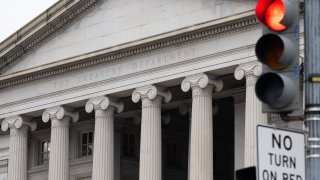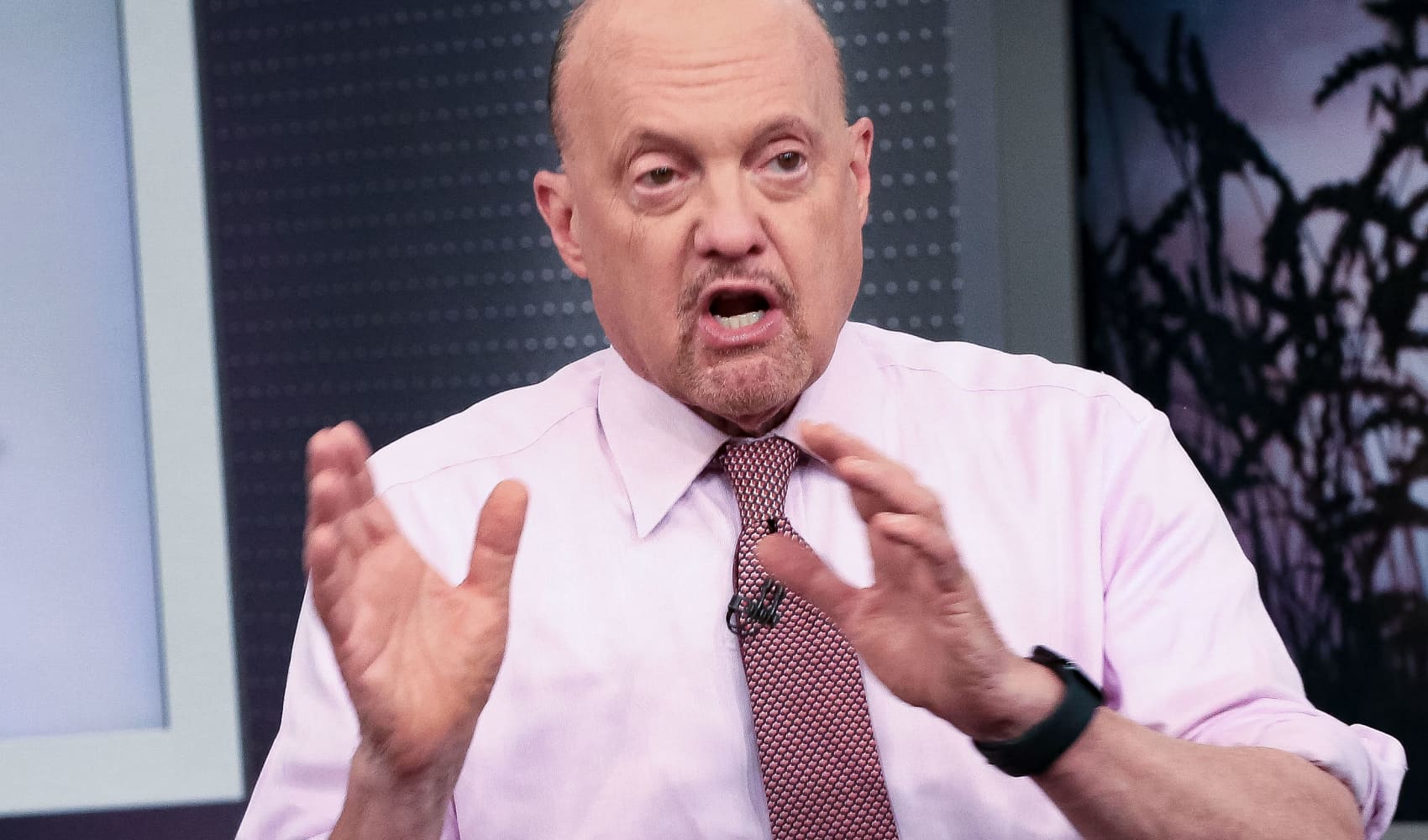
- The national debt of the U.S. reached a historic milestone by passing $33 trillion for the first time, the U.S. Department of the Treasury said.
- The level was reached less than two weeks before the federal government faces a potential shutdown over a lack of funding authorization.
- The issue of the debt is at the center of a standstill in Congress over a spending bill that would sustain the government until the next funding cycle.
WASHINGTON — The national debt of the U.S. reached a historic milestone by passing $33 trillion for the first time, less than two weeks before the federal government faces a potential shutdown over a lack of funding authorization.
The debt, which equals the amount of money borrowed by the federal government to cover operating expenses, hit $33.04 trillion Monday, according to the Treasury Department.
A roughly 50% increase in federal spending between fiscal 2019 and fiscal 2021 contributed to the debt topping $33 trillion, the department said.
We've got the news you need to know to start your day. Sign up for the First & 4Most morning newsletter — delivered to your inbox daily. >Sign up here.
Tax cuts, stimulus programs and decreased tax revenue as a result of widespread unemployment during the Covid-19 pandemic were factors in driving government borrowing to new heights.
The issue of the debt is at the center of a standstill in Congress over a spending bill that would sustain the government until the next funding cycle.
Republican lawmakers are pushing for less spending, while Democrats back President Joe Biden's programs, such as the Inflation Reduction Act, which is estimated to cost more than $1 trillion over the next decade, according to a University of Pennsylvania budget model.
Money Report
House Republicans on Sunday released their own bill to fund the government until Oct. 31 in exchange for an 8% cut to domestic programs with exceptions for national security, according to NBC News.
But that bill is not expected to pass the Democrat-controlled Senate.
A White House spokesman told CNBC that the debt increase was driven by trillions of dollars in Republican tax cuts "skewed to the wealthy and big corporations" over the past 20 years.
"Congressional Republicans want to double down on trickle-down by extending President (Donald) Trump's tax cuts and repealing President Biden's corporate tax reforms," said Michael Kikukawa, a White House assistant press secretary.
Kikukawa added that Biden's policies to demand the wealthy and big corporations pay their fair share in taxes and slash subsidies to oil and pharmaceutical companies would cut deficits by $2.5 trillion if approved.
Congress has until Sept. 30 to pass a spending bill.






